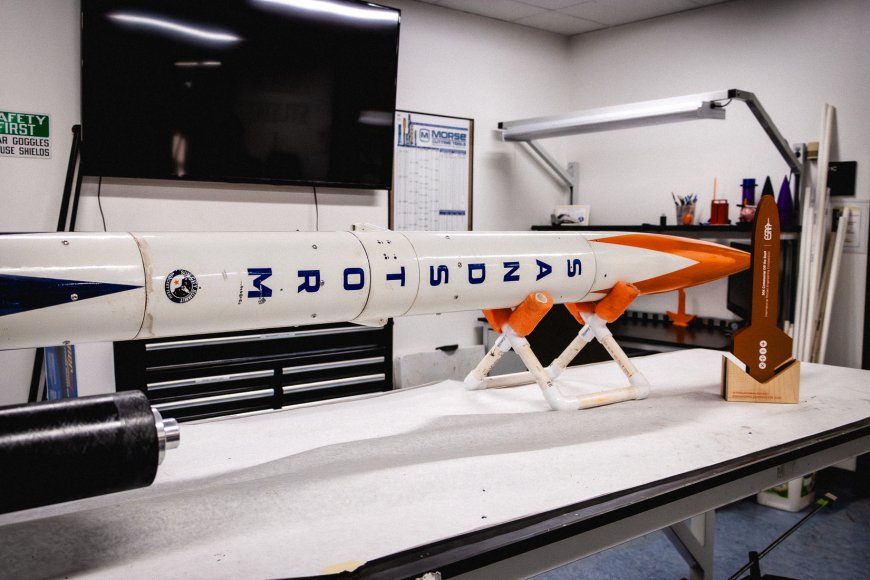The Rise of Private Space Exploration: Journeying 'to Infinity and Beyond'
Since Neil Armstrong's historic moon landing in 1969, human space travel has evolved from research to commercialization. Private companies like Axiom Space are collaborating with NASA to send astronauts to the International Space Station and build their own space station. The shift towards private space exploration marks a new era in the global space economy, with the US leading in space expenditure and innovation.

On July 20, 1969, Neil Armstrong became the first man to step on the moon, sparking a new era of space exploration. Today, human space travel has evolved from research to commercial opportunities, with companies like Axiom Space venturing into sending astronauts to the International Space Station (ISS) in collaboration with SpaceX.
Axiom Space aims to commercialize space travel and build its own space station after the ISS is decommissioned in 2030, following a $140 million grant from NASA. This shift marks a change in NASA's strategy to focus on private space corporations for research and technology.
While NASA plans to deorbit the ISS in 2031 due to structural limitations, private companies like Axiom Space are driving innovation in space exploration. The USA's approach of combining public and private sector funding has attracted researchers like Dejena Cucak, who highlights the opportunities for funding and research in the country.
Private companies funded by NASA, such as those led by former interns like Brandon Lara and Diego Natividad, are seen as key players in advancing aerospace research. The global space economy is growing rapidly, with private corporations playing a significant role in shaping the future of space exploration.
As private sector research expands, ethical and legal considerations become crucial. Regulations like those set by the Federal Aviation Administration (FAA) are essential to ensure safety and transparency in commercial space endeavors.
The future of space exploration lies in the collaboration between public and private entities, with private companies poised to lead the next wave of advancements in human space travel. The journey that began with Armstrong's historic moon landing continues to evolve, with private innovation driving the next giant leap into space.
According to the source: The Prospector – Assayer of Student Opinion.
What's Your Reaction?
 Like
0
Like
0
 Dislike
0
Dislike
0
 Love
0
Love
0
 Funny
0
Funny
0
 Angry
0
Angry
0
 Sad
0
Sad
0
 Wow
0
Wow
0























































































































































































